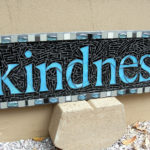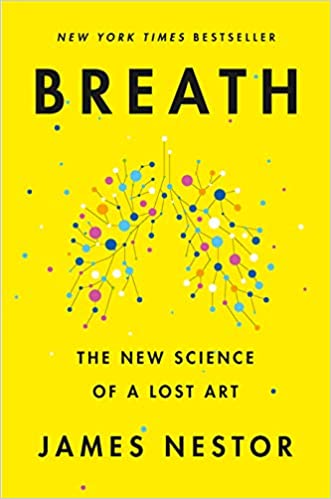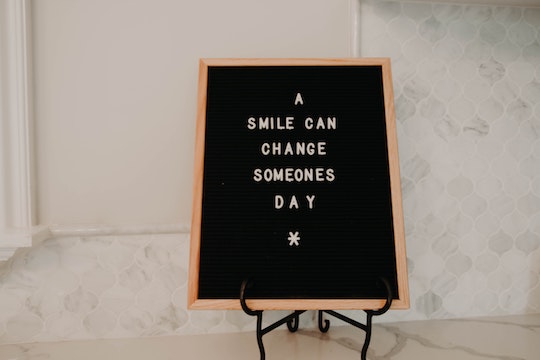“The nose is for breathing, the mouth is for eating.”
—Author Unknown

Image from Unsplash by Marina Vitale
Did you know that 50% of kids and adults are chronic mouth breathers?
In yesterday’s post about James Nestor’s book, Breath, I mentioned that one of his key take-aways was the importance of nasal breathing over mouth breathing. Nestor conducted a ten-day experiment on himself, implanting silicone plugs in his nose to determine how chronic mouth breathing would affect his health.
After only a few hours of mouth breathing, he felt awful. Based on his heart rate measures, he found himself in a state of chronic stress. His blood pressure also spiked, putting him into a stage two state of hypertension. His ability to concentrate on work and remember facts took a hit as well.
When we breathe through our nose we purify, heat, moisten, and pressurize the air we breathe. This increases the amount of oxygen we absorb, as well as our levels of nitric oxide, which improves circulation.
EXERCISE:
How might a greater focus on nasal breathing versus mouth breathing throughout the day—and night, if you snore or wake with a dry mouth—allow your body to function at peak efficiency?
Doing so will allow the air you breathe and the healthy foods you eat maximize your energy throughout the day.














